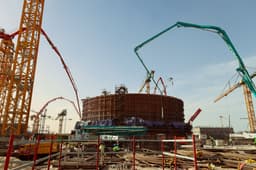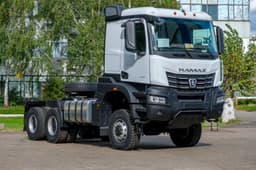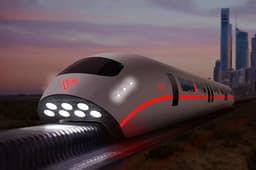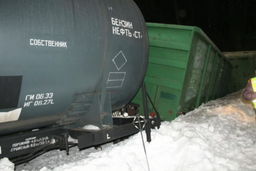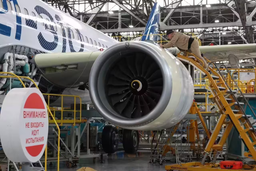Russian manufacturers of premium and mid-priced tires have new opportunities to develop their businesses after the departure of Western brands from the country and numerous foreign sanctions on the import of tires.
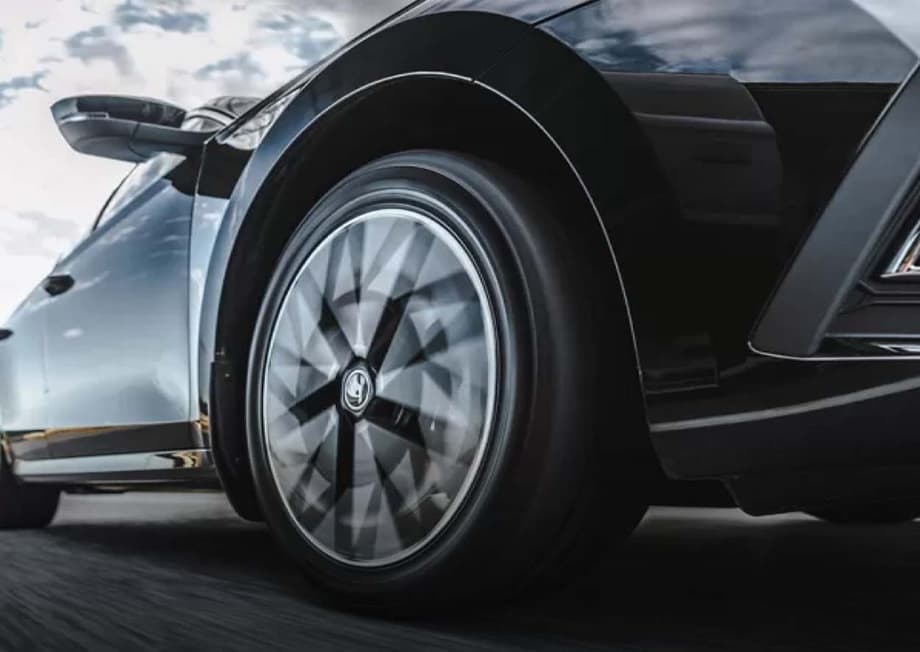
The head of the largest Russian tire plant, Ikon Tyres, Andrey Pantyukhov, spoke about the future of the market and his company before the start of the autumn-winter season in a large interview with Kommersant. The plant, which for many years belonged to the Finnish Nokian Tyres, is now part of Tatneft's assets.
What will happen to the old tire models?
Before the Finnish manufacturer decided to leave Russia, it produced three tire modifications for the secondary market in Vsevolozhsk. After the plant was transferred to Russia, they all continue to be produced. But recently under a different name, so that the plant can "operate its own brands".
Premium Hakkapeliitta winter tires and Hakka summer tires are now called Autograph, and mid-priced Nordman tires have been renamed Character. All summer tires of the company are now also called Autograph.
Technologically, there are no changes in the design, formulation and shapes of the tires, all the necessary production data was fully transferred to the Russians along with the assets. But under the terms of the agreement, one of the models was modernized: now the Character winter tires have butterfly-shaped studs in the core.
How is the plant operating now?
Due to sanctions in 2022, production lost two-thirds of its volume, as there was nowhere to export the produced tires, and the domestic Russian market did not need such a quantity of rubber. And in 2023, the plant faced very large stocks of winter tires from the winter season of 2022.
We were forced this year to adjust the volume of winter tires offered to the market in order to level out this situation. Therefore, we are working with a low load – less than half of our production capacity.
By the end of the year, the plant will develop a business strategy for increasing capacity utilization. Including through exports, but in the short term, the previous volumes cannot be achieved. Analysts are now deciding when, with what products and to which markets to enter. So far, Character tires have been exported – they are bought both within the Union State in Belarus and in Kazakhstan.
Ikon Tyres is also considering the prospects of creating new products. But it will take several years to develop a new type of tire from formulation and design to final testing and first sales.
Will tire prices rise?
Most likely, yes. The fact is that the company has almost completed the localization of production-related systems and applications in Russia, but cannot carry out full localization of raw materials for production. Natural rubber does not grow in Russia, it is imported from Southeast Asia. There are also other tire components that have to be imported, and this is expensive.
There is a fairly long list of components that we use in our production, which are either not produced in Russia, or are not produced at the required technical level. Localization was not about replacing them with Russian ones – this is generally impossible in the short term. We did not compromise in terms of technical characteristics and product quality. The work is to switch to supplies from those who are not restricted by the sanctions regime among the already approved suppliers of raw materials that we used to use in our formulation.
The change of suppliers has made deliveries "much longer and much more expensive" due to restrictions on payments and financial flows and fluctuations in the exchange rate of Russia and foreign countries where purchases are made. However, other tire manufacturers in Russia have similar problems.
At the same time, Pantyukhov notes that the same current exchange rate is, to some extent, beneficial to the Russian tire business. It will help reduce the presence of Chinese manufacturers in the market.
There are now more than a hundred Chinese tire brands on the Russian market, and in recent years they have taken the lead in importing tires into the country in the budget segment. This creates excess production capacity at Russian plants, which cannot be directed to exports due to sanctions.

